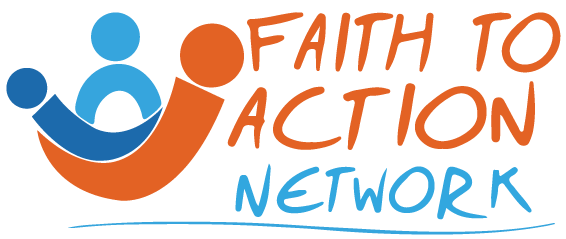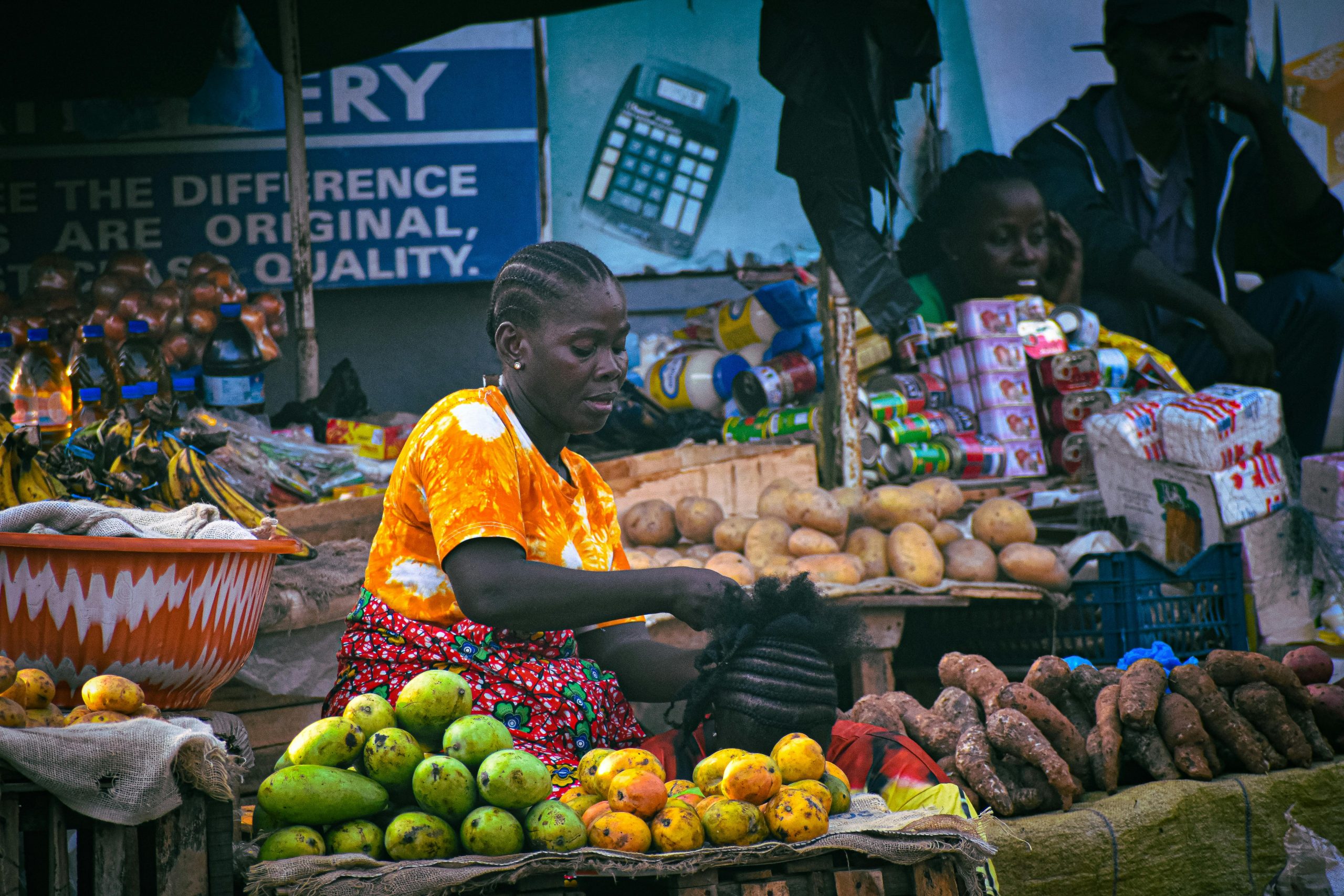By Shem Oluchiri.
Across West Africa, women are the backbone of communities from agriculture and trade to education and caregiving. Yet despite their vital roles, millions of women and girls continue to face deeply rooted barriers: poverty, limited access to education and health services, gender-based violence, and exclusion from decision-making spaces.
The upcoming West Africa Regional Conference on Sustainable Philanthropy for Gender Equality and Women’s Empowerment (GEWE) offers a pivotal platform to reflect on a critical but often overlooked enabler of social change: faith-based philanthropy.
The Original Philanthropic Network
Long before formal development agencies arrived in West Africa, faith institutions were already building schools, running clinics, and feeding families. Today, they remain one of the most trusted and accessible networks across the region. From mosques and churches to interfaith councils, these institutions reach every village and urban centre, making them uniquely positioned to drive sustainable, gender-transformative impact.
Philanthropy Beyond the Pulpit
Faith-based philanthropy is more than sermons and charity. It is about mobilizing spiritual capital, financial resources, and social influence to challenge discriminatory norms and empower women at all levels. When faith leaders speak out against child marriage, gender-based violence, or economic exclusion, they shift not just opinions, they shift entire communities.
At Faith to Action Network, we’ve seen firsthand how faith leaders can lead gender justice movements. In Kenya, Ethiopia, Nigeria, and across the continent, we’ve witnessed imams and pastors become champions for girls’ education, reproductive health, and women’s leadership. When these leaders are backed by resources and evidence, their influence becomes unstoppable.
The West Africa Conference outlines key priorities that align perfectly with faith-based approaches:
- Sustainability over charity: Faith philanthropy must move from reactive giving to long-term, systemic investments in women’s health, education, livelihoods, and leadership.
- Harnessing diaspora giving: Remittances sent through faith-based networks can be redirected toward structured, impactful projects that benefit women.
- Cross-sector partnerships: Faith-based actors bring moral authority, community networks, and local legitimacy all vital to partnerships with governments, private sector players, and development agencies.
- Climate resilience with a gender lens: Faith organizations can drive women-centered green solutions from eco-farming to renewable energy ensuring no woman is left behind in Africa’s climate transition.
Investing in Women Through Faith
For sustainable philanthropy to succeed in West Africa, faith-based actors must be recognized, resourced, and respected as co-creators of solutions. Their values of compassion, justice, and stewardship are not obstacles they are accelerators.
Let us move beyond token partnerships. Let us build frameworks that fund, scale, and sustain faith-rooted, women-led change.
As we head into this transformative conference in Dakar, we invite fellow organizations, donors, and faith communities to join us in making faith-based philanthropy a core pillar of gender equality in West Africa.
Together, we can rewrite the narrative for women not with charity, but with justice, dignity, and solidarity.



